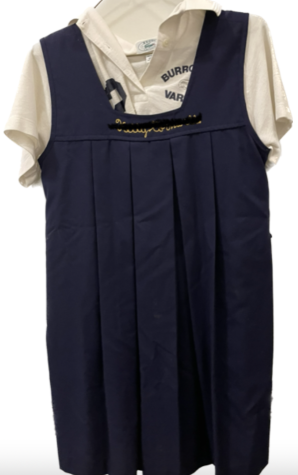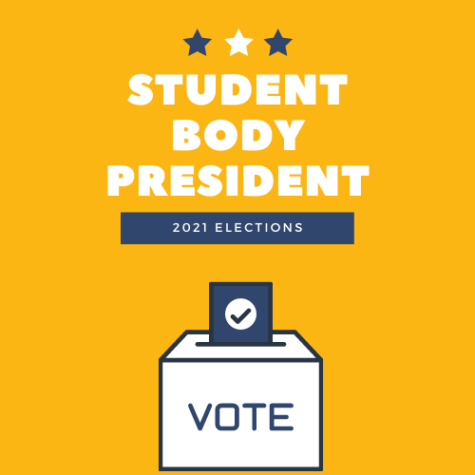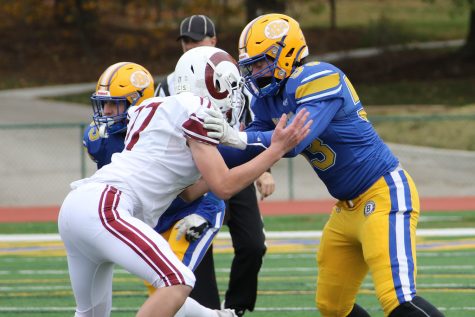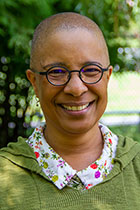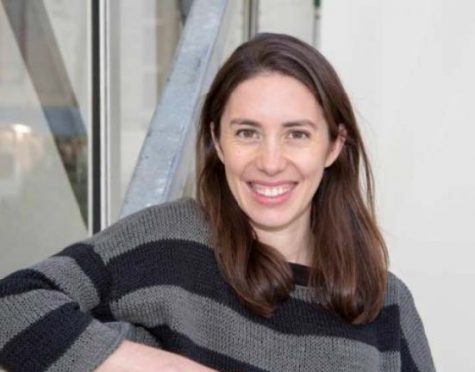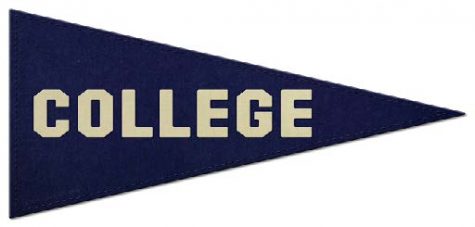Teacher and Parent: How to Be Both at JBS
March 15, 2018
At my middle school, I only knew one kid whose parent was also a teacher at the school. His name was Nate, and he was a respectable saxophonist, but most students referred to him as “Mrs. Scott’s kid” — the trait that set him apart from the rest of the class.
By contrast, a fairly large number of JBS faculty members have children that attend Burroughs or hope to do so in the future. In this article, JBS teachers describe how interacting with students on a daily basis affects how they think about raising their own children, whether their children are currently at JBS, in elementary school, or recently born.
Chemistry teacher Eric Knispel flips the question’s perspective, observing that his first year with a child at Burroughs has given him a “more sympathetic perspective on student expectations and workload,” compared to his fifteen years teaching without any of his own children at the school.
In the math department, Jason Taff remarks, “In my career, I have seen such a wide range of successful children” — so when it comes to his own child, he understands that there is no single path to success, and every student has different strengths and weaknesses.
Along the same lines, librarian Kate Grantham states, “Working at Burroughs has opened my eyes to all the opportunities available for students. I’m encouraged by all the options my kids have to find their passion. If I was to rely only on my personal experience, my kids would be limited to sports and student government, but there is so much more out there!”
In addition, perceiving “how teenagers behave, both socially and academically” has inspired Ms. Grantham to share valuable habits with her own children. She says, “I see what kids at the middle school and high school level need to succeed academically, and so I have started to build those good study habits in them now. I also want my kids to grow up into the kind of teenagers we have at Burroughs: kind, thoughtful, polite, funny, outgoing, passionate, energetic people.”
Biology teacher Kate Ward also admires the attentiveness that Burroughs instills in its students: “One of the things I love about Burroughs students is how polite and respectful the students are daily. It’s not contrived. Students here say thank you after class and lunch, push in their chairs, hold the door and are just generally helpful.”
Ms. Ward concludes that the variety of student interests and talents at Burroughs inspires her “to create an environment at home where I can support whatever my own kids are into and, most importantly, just let them be themselves.”
Overall, the general agreement among JBS faculty appears to be a positive regard towards their students and a willingness to pass on Burroughs’ values to their own children.
